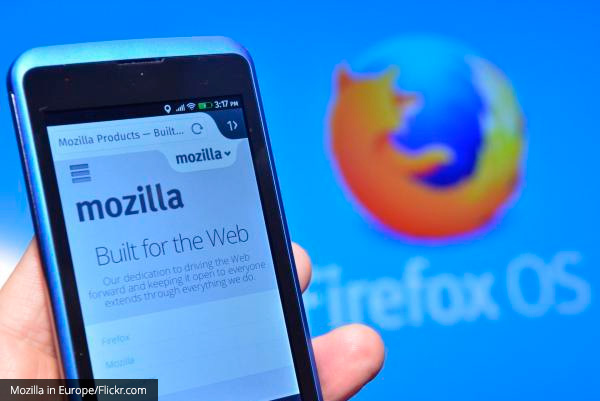Here is a bad news for all Windows and Linux Mozilla users. There is a security flaw in Firefox JavaScript sector, which leaves an open door for hackers to exploit. What is happening with Mac users? Well, for the time being, their apple Apple is safe from harm.
What can we do about it? According to Mozilla, all what you have to do is to upgrade your Firefox to the latest version available. On the other side, there is no point of crying over the spilled milk in the earlier versions, is it? Is that all cyber-folks?
Apparently, it is. The business is going to be as usual for Mozilla. The users, who are going to experience a couple of privacy related inconveniences here and there, will not have a decent chance to complain. In the matter of days, we are very likely to forget this most recent trouble.
So, what is the moral of this story? Well, it is good to be fully aware about the imperfections of our existing cyber-empire. But, at the same time, you should not worry too much about it. Why? Because, there is not much you can do about it.










